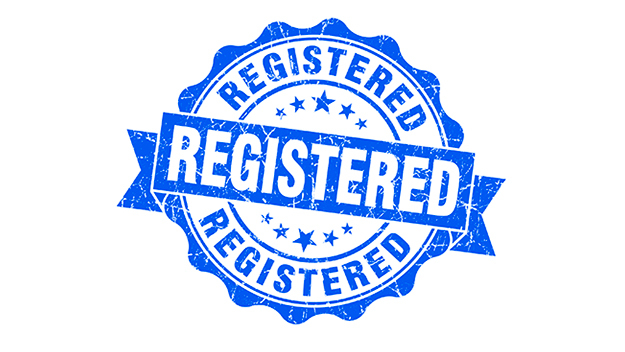Amidst the COVID-19 pandemic, most recently with the arrival of the Omicron variant, there has been renewed focus on the impact that being over-worked and under pressure can have on the mental health of healthcare professionals.
There are laws aimed at preventing stress or psychological injury, such as burnout, and those that provide for recovery and support. Elringtons is here to support you and help you to understand your rights as a healthcare professional.
Elringtons proudly supports the Australian Nursing and Midwifery Association – ACT Branch and works with members who have suffered injuries as a result of psychosocial hazards, such as being overworked.
Work Health and Safety Laws
Each State and Territory, as well as the Commonwealth, has work health and safety laws. These laws require employers to assess for hazards to health, and then eliminate any hazards or take steps to reduce their risk.
Hazards to mental health are called ‘psychosocial hazards’. Comcare, the Commonwealth Government’s work health and safety regulator, identifies that psychosocial hazards include:
- Bullying and harassment
- Fatigue
- Mental stress
- Violence
- Workplace change
- Remote working or being isolated
- Working overseas
Feeling overworked has the potential to cause fatigue and mental stress. According to the NSW Code of Practice on Managing Psychosocial Hazards, role overload is a common psychosocial hazard in healthcare, and it is important that rostering includes adequate numbers, with quick backfilling of staff required.
Duty of Care
An employer has a duty of care to take reasonable steps to prevent foreseeable risks of harm. The duty of care is extremely similar to an employer’s work health and safety duty.
Workers Compensation
Psychological injuries are a type of work injury. If a worker suffers from a psychological injury, they may claim workers compensation for treatment costs and time off work.
Feeling overworked or stressed?
Apart from seeking medical treatment, there are several things you can do if you feel you are being overworked:
- Talk to your employer. Once an employer is on notice of a psychosocial hazard, they must do something to reduce it. Keep a record of any discussion or notice that you give your workplace.
- Speak to a Union delegate. We work very closely with the Australian Nursing and Midwifery Association – ACT Branch, who strongly advocate for the interests of ACT nurses and midwives on issues of rostering and work health and safety.
Further reading

elringtons lawyers regularly provide legal advice in relation to a range of health law matters. Please contact our Health Law Team for more information or to make an appointment call (02) 6206 1300











